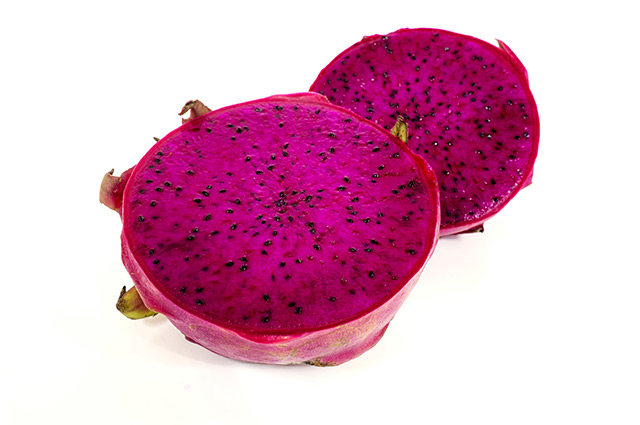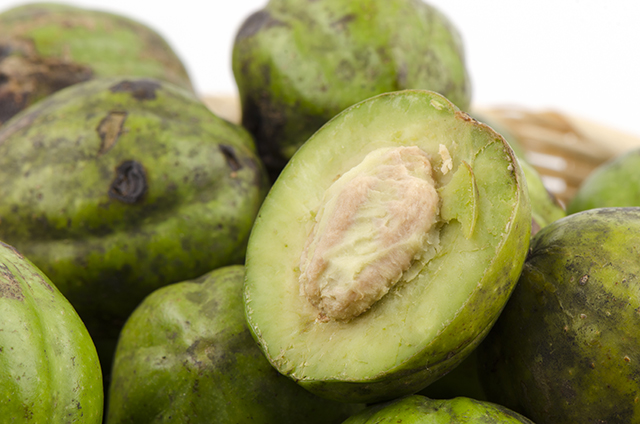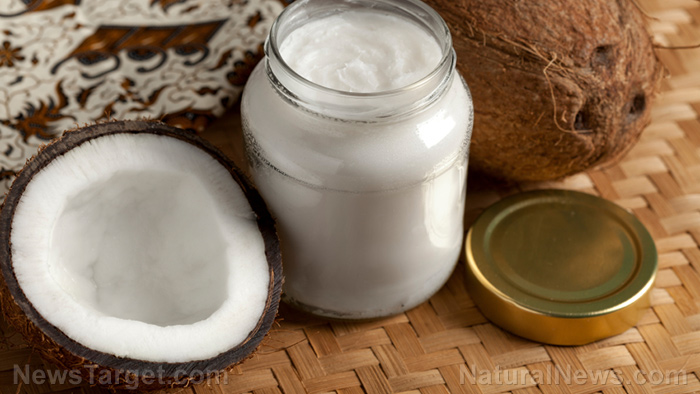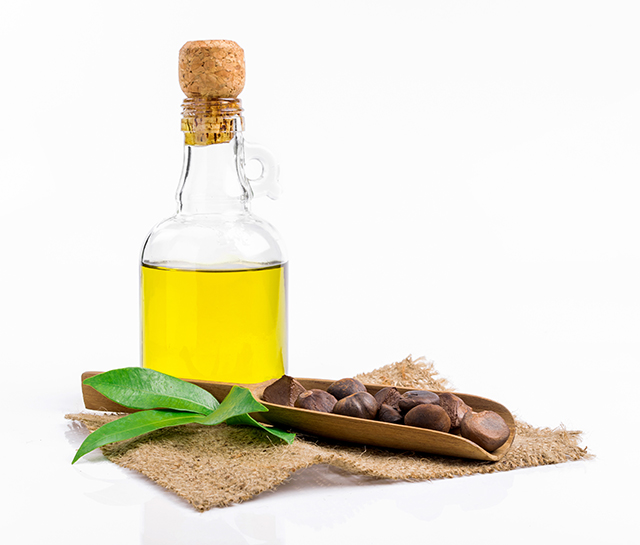Yam – sources, health benefits, nutrients, uses and constituents at NaturalPedia.com
07/06/2017 / By Tim Wesley
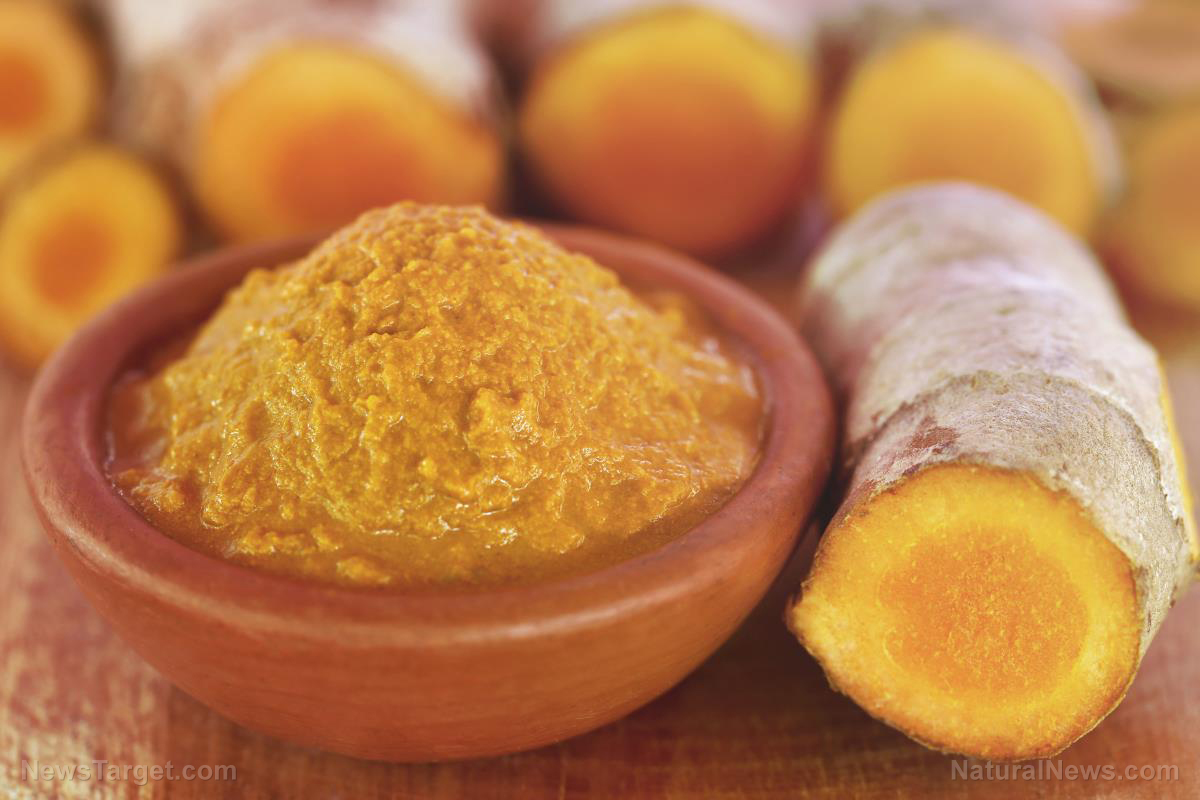
You might mistake yams for sweet potatoes because they look a little similar. Interestingly, these don’t even belong to the same family. Yams are popularly used in different parts of the world as food, vital ingredient for rituals, and as medicine. These root vegetables come in various forms, color, and length. Depending on the variant, they can be firm or creamy when cooked. These are great additions to your diet because they are packed with nutrients that are beneficial to the body.
List of known nutrients
- Calcium
- Carbohydrates
- Carotene
- Copper
- Dietary Fiber
- Folates
- Iron
- Magnesium
- Manganese
- Niacin
- Pantothenic Acid
- Phosphorus
- Potassium
- Protein
- Pyridoxine
- Riboflavin
- Selenium
- Sodium
- Thiamin
- Vitamin A
- Vitamin C
- Vitamin E
- Vitamin K
- Zinc
Medicinal uses for yams
Yams are wonderful sources of dietary fiber and complex carbohydrates, making them great for people with diabetes. Aside from that, these tubers are also rich in vitamins A and C. These are also packed with B-group vitamins like thiamin, niacin, riboflavin, and folic acid as well as essential minerals vital to supporting health.
Because they’re rich in fiber, yams are good in treating constipation. They help make the stool bulky and promote smooth, regular bowel movements. You can also avoid other digestive problems like indigestion and irritable bowel syndrome by incorporating yams to your diet. In addition, the high fiber content helps aid weight loss. You feel fuller longer, reducing the urge to constantly eat. In fact, eating just a small portion of yam will leave you feeling full for hours.
Yams contain high amounts of potassium and little sodium. This combination makes these tubers ideal in lowering blood pressure and promoting proper blood flow. In fact, a cup contains 1,224 mg (35 percent) of the daily requirement for potassium. Additionally, yams are rich in vitamin B6. The blend of these nutrients will help lower your risk of death from ischemic heart disease.
Not only are these good for the heart, yams are also vital to promoting a healthy brain. Folate is vital in reducing the risks of Alzheimer’s disease and cognitive decline. Potassium, on the other hand, helps increase blood flow to the brain. This leads to improved concentration and neural activity.
These root vegetables have low glycemic index rates, meaning they do not cause unnecessary spikes in blood sugar. They also slow down carbohydrate digestion to prevent spikes in blood sugar levels.
If you’re looking for another source of vitamin C, then you’ve found one. Yams contain 43 percent of the daily requirements of vitamin C, which helps the body develop resistance against infections. This can also help eliminate cancer-causing free radicals from the body. By enhancing white blood cells, yams can fortify the body’s immune system, keeping you safe from various illnesses.
Pregnant women will benefit from eating yams because these helps alleviate morning sickness, nausea, and vomiting. Vitamin B6 can help prevent low birth weight in new born babies while folate can prevent neural tube defects in the fetus.
Body systems supported by yams
Yams have been used as a traditional medicine in countries like China, Japan, and Korea as topical treatments for boils, ulcers, and other skin problems. Studies have shown that its decoction is an effective cure for respiratory problems like bronchial irritation and coughs. These tubers are also beneficial to the nervous system and help prevent the onslaught of Alzheimer’s in elders.
Because they’re rich in beta-carotene, yams are extremely vital in promoting good vision and minimizing eye infections. When combined with vitamin C and other antioxidants, beta-carotene helps stave off macular degeneration and other eye disorders.
Ways to use yams
You can get creative when it comes to enjoying yams. Did you know you can make them into smoothies, brownies, or even casseroles? We have some yummy yam recipes that you might want to try at home.
Where to learn more
- How to Save Energy Over the Holidays With Your Cooking
- The top 10 superfoods I’m eating every day
- Reverse anemia
- Alkalize Your Body With Roots – Top 8 Choices to Reduce Inflammation and Fight Disease
- Natural Hormone Balance for Women: Look Younger, Feel Stronger, and Live Life with Exuberance
Summary
Yams help promote good eye health.
Yams can alleviate constipation and other digestive problems.
Yams can prevent heart ailments.
Yams strengthen the immune system.
Yams are great for maintaining healthy skin.
Yams promote a healthy nervous system and improve brain function.
Yams can prevent the negative symptoms of diabetes.
Sources include:
Tagged Under:


